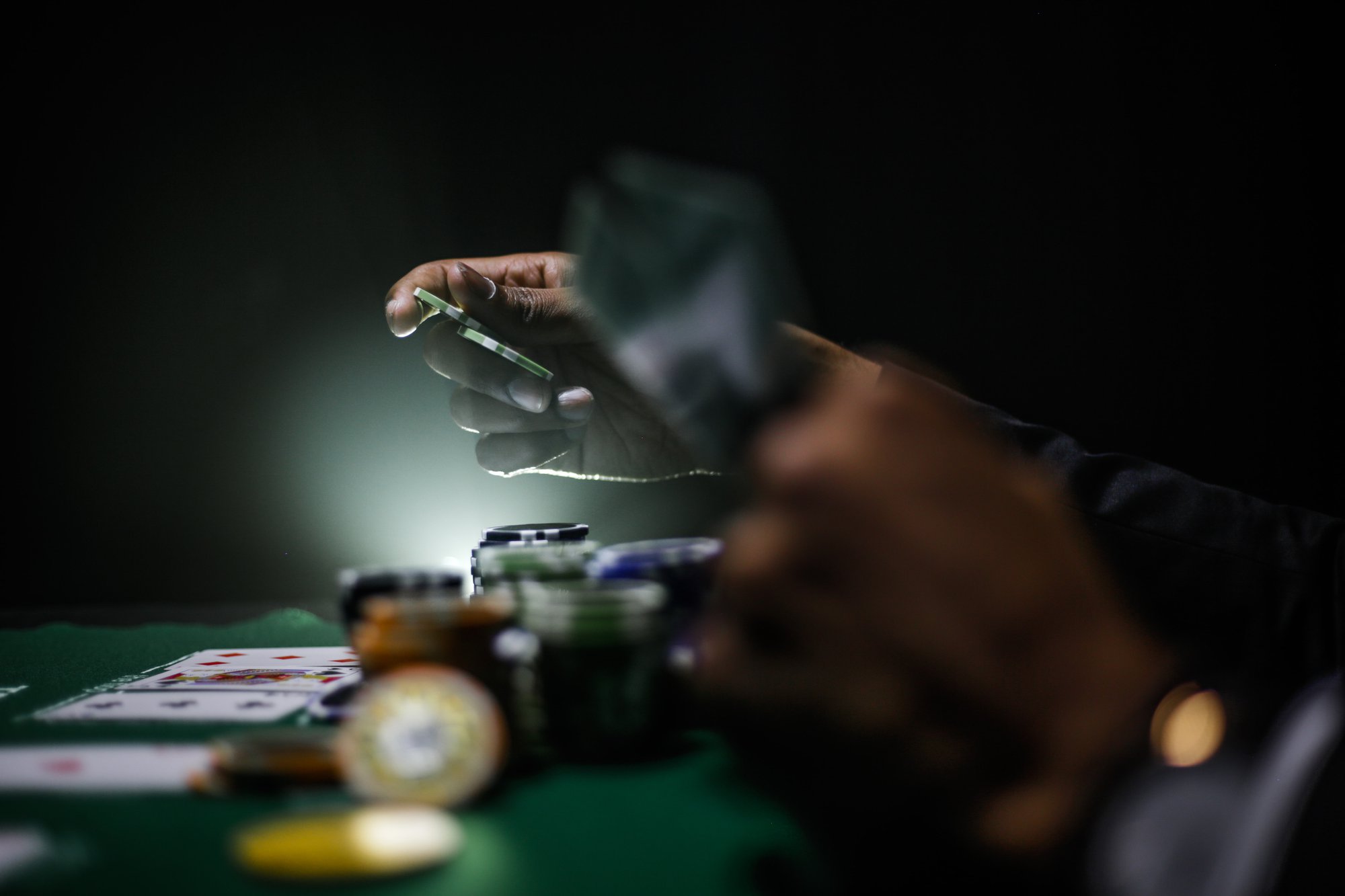Online casino gaming is legal in six American states while 29 states allow online sports gambling. Yet, problem gambling is a social concern for many people. Vermont is likely to allow gambling soon.
Even so, some of the gambling states have less than 3,000 bettors who want to self-exclude themselves from gambling. Some of them have over 20,000 applications.
How Self-Exclusion Works
Self-exclusion programs use problem gambling tools that operate voluntarily. They offer options to players battling with gambling addiction to prevent further losses. Many responsible betting drives are based on such programs.
An individual has to agree with a brick-and-mortar or online bookie and casino to prohibit themselves from betting for a while. The player agrees that state gaming regulators or the gaming property allows the venue to prevent them from placing in-person or online bets.
Generally, self-exclusion lasts from six months to a lifetime and a player gets certain penalties when they violate the agreement. It is applicable in fantasy tournaments, video gaming terminals, interactive betting and casinos.
The State of Self-Exclusion in New Jersey and Pennsylvania
Pennsylvania legalized online gambling in 2019. But, the U.S. Supreme Court struck down the Professional and Amateur Sports Protection Act (PASPA) and online sports gambling ban in May 2018.
The Pennsylvania Gaming Control Board (PGCB) revealed in June 2023 that the state had received 20,000 self-exclusion requests. It added that 6,042 players made the requests. 3,778 individuals sought a ban on iGaming, 797 players wanted a fantasy sports ban while 1,467 individuals wanted to self-exclude themselves from VGTs.
The gaming board disclosed that 4,335 players wanted lifetime gaming bans. 12,811 of the 20,000 requests were from male gamers and 7,189 requests were from women. Their age was between 21 and 102 years.
New Jersey introduced online sports gambling and a self-exclusion program tool in 2018. The New Jersey Division of Gaming Enforcement released a report in June showing that 19,304 players sought an iGaming ban. Still, 2,099 individuals wanted to be prohibited from placing in-person and online bets at casinos.
Missouri and Illinois Receive Almost 15,000 Requests
The Illinois Gaming Board (IGB) introduced a self-exclusion program in 2002 to allow compulsive bettors to ban themselves at local casinos. So, the state prohibited the gaming operators from promoting gambling to self-excluded individuals.
By then, any player who had self-excluded was required to donate vouchers, tokens and chips to the Department of Human Services (DHS) agencies like the Illinois Institute for Addiction Recovery and the Illinois Council on Problem Gambling if they were caught visiting local casinos.
The state’s DHS-selected organizations had received $2,587,101 from self-excluded players who had violated their gaming agreements. The IGB enlisted 350 people in the Self-Exclusion Program in 2022 hence having 15,022 requests so far. Out of these, 6,160 were female bettors and 8,862 were male players.
The Missouri Gaming Commission’s Disassociated Persons List has 14,402 individuals now. It stated that 9,188 people withdrew from its self-exclusion list.




